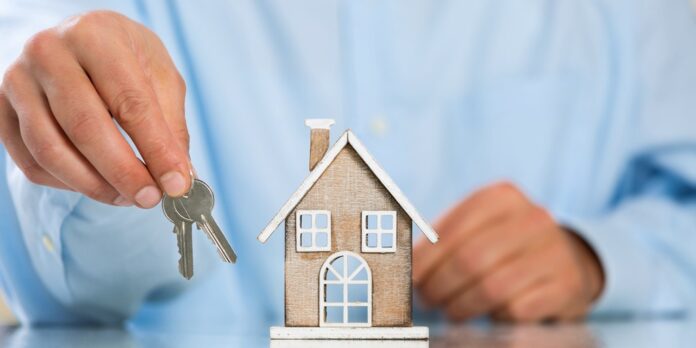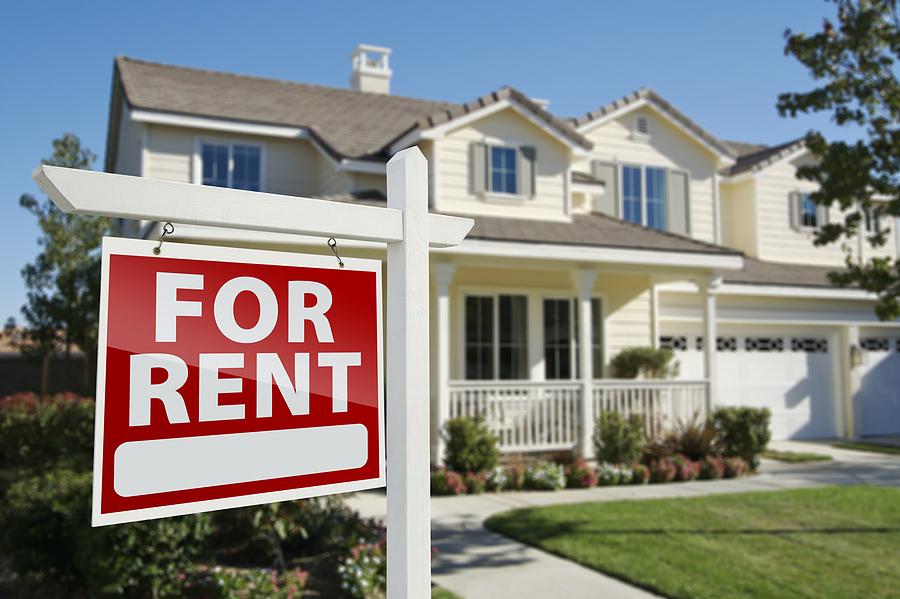When it’s time to move, every homeowner must decide whether to sell or rent their old home. Although selling your house may seem like the easier option, renting your house can become an extremely profitable investment. But before you make that decision, make sure to take the following factors into consideration.
Current expenses
If you’re considering renting out your old home, it’s important to know whether renting the property will net you profit or drain your wallet. In order to determine potential profit, subtract expenses involved with renting out the home from the profit and tax breaks you’ll receive.
Examples of expenses include your current mortgage, insurance, vacancies, and repairs. For instance, if your old home requires a double hung window replacement, you should call a local home improvement company to obtain an estimate. Additionally, for your mortgage, be sure to take the principal and interest rates into consideration.
To calculate your potential profit from renting out the home, you’ll have to do some research. Rental sites are a great way to gain insight into your local housing market, including average rental charges for the area.
To avoid guesswork, consider enlisting the services of a real estate agent experienced in handling local rental properties. A local real estate agent can help you learn about rental rates and the frequency of vacancies in the area. In addition, they’ll be able to help you advertise and show your property to potential tenants.
Becoming a landlord
When renting out your old home, you can either become the landlord or hire a property manager. Property managers typically cost around ten percent of your annual rental income. Although this may seem expensive, it’s often the preferable option for renters who live far from their rental property or rent out multiple units.
As a landlord, you’ll be responsible for the upkeep and ensuring that tenants pay rent on time and take care of the property. Although becoming a landlord can seem like a paramount task for the inexperienced, certain companies offer free property management software to make the job easier.
The future housing market
When deciding whether to keep or sell your old home, make sure to consider the future housing market. Currently, owners of rental properties in most housing markets are benefiting from higher homeownership rates, as many potential first-time buyers are turning to rent. You can do an analysis before you decide whether buying or renting a house will be better for you.
Most housing markets grow stronger over time, so renting out your home while the market grows will allow your home to appreciate in value. A more valuable home means a bigger profit when you sell it later on.
Paying taxes
Like any other source of income, you’ll be required to pay taxes on the income you receive from renting out your old home. However, it’s important to remember that you’ll be able to write off costs associated with the rental property. Examples of deductions include rental expenses, such as maintenance costs and costs of managing the property. In order to stay organized, make sure to keep a good running record of deductible expenses and receipts.
Additionally, renters are also able to claim deductions for property depreciation. Use Form 4562 to report depreciation starting from the year you begin renting. If you have any financial questions related to your rental property, make sure to ask a professional.
According to data from the Pew Research Center, more households in the United States are renting homes than any point in the last 50 years. There’s no better time than now to rent out your old home and boost your income. All in all, renting out your home is a great option if you’re looking to return someday or if you want to maximize your paycheck in the long run.




















